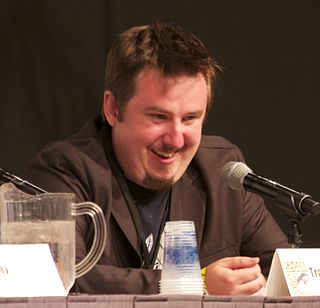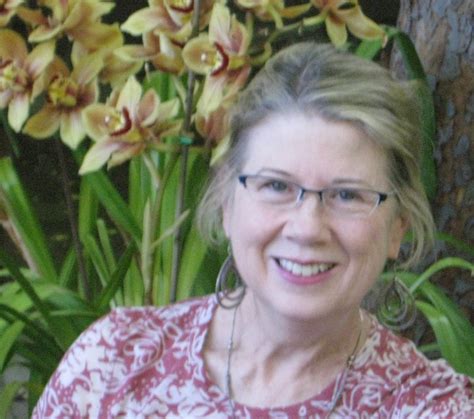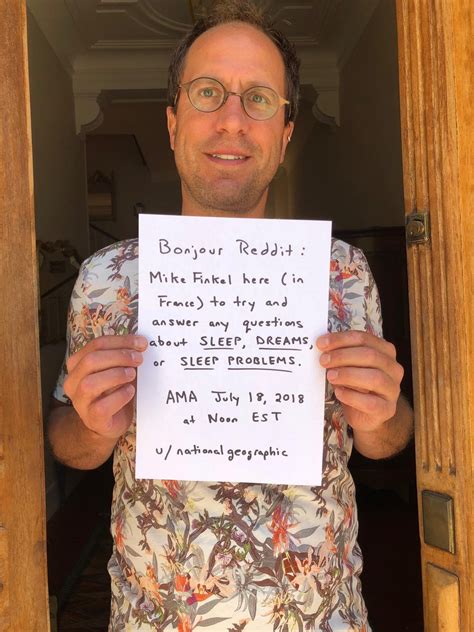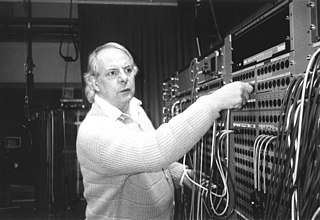A Quote by Anita Desai
My style of writing is to allow the story to unfold on its own. I try not to structure my work too rigidly.
Related Quotes
Herman Melville is not comforting. Emily Dickinson isn’t either. Maybe their work is too hungry for comfort, or just too vivid for comfort. But Henry James is – profoundly so. Because he is tender. The tenderness is there in the structure of the sentence. He knows the way the poor and the dead are forgotten by the living, and he cannot allow that to happen. So he keeps on writing for them, for the dead, as if they were children to be sheltered and loved, never abandoned.
If anyone is unwilling to descend into himself, because this is too painful, he will remain superficial in his writing. . . If I perform to myself, then it’s this that the style expresses. And then the style cannot be my own. If you are unwilling to know what you are, your writing is a form of deceit.
I started writing the book without realizing I was writing a book. That sounds stupid, but it's true. I'd been trying and failing to make a different manuscript work, and I thought I was just taking a break by writing some short stories. I'm not a very good short story writer - the amazing compression that is required for short stories doesn't come easily to me. But anyway, I thought I'd try to write some short stories. And a structure took shape - I stumbled upon it.
My advice for telling someone else's story is to try not to consciously bend the story in any particular direction - to listen with an open mind, to include the good with the bad, to attempt to quell one's biases and allow the person you're writing about to emerge as wholly as possible, warts and all.
It's writing songs within the structure of telling a story, so it becomes a platform for diverse songwriting, for a writing process that's broader than just figuring out a song. You're also dealing with always pushing the story forward, with casting the voices, with the orchestration, with the arrangements.







































